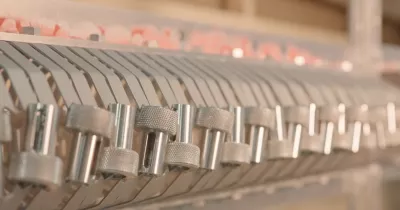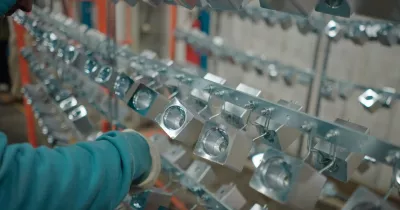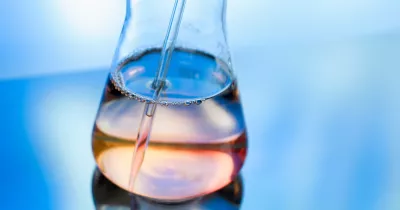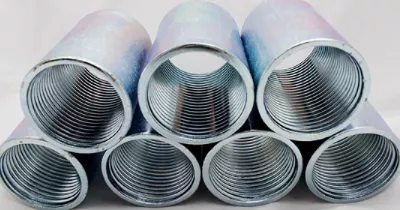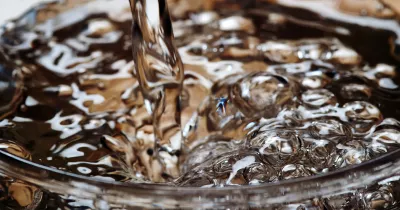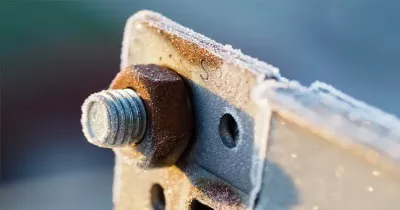The Science Behind Sacrificial Anodes in Corrosion Prevention
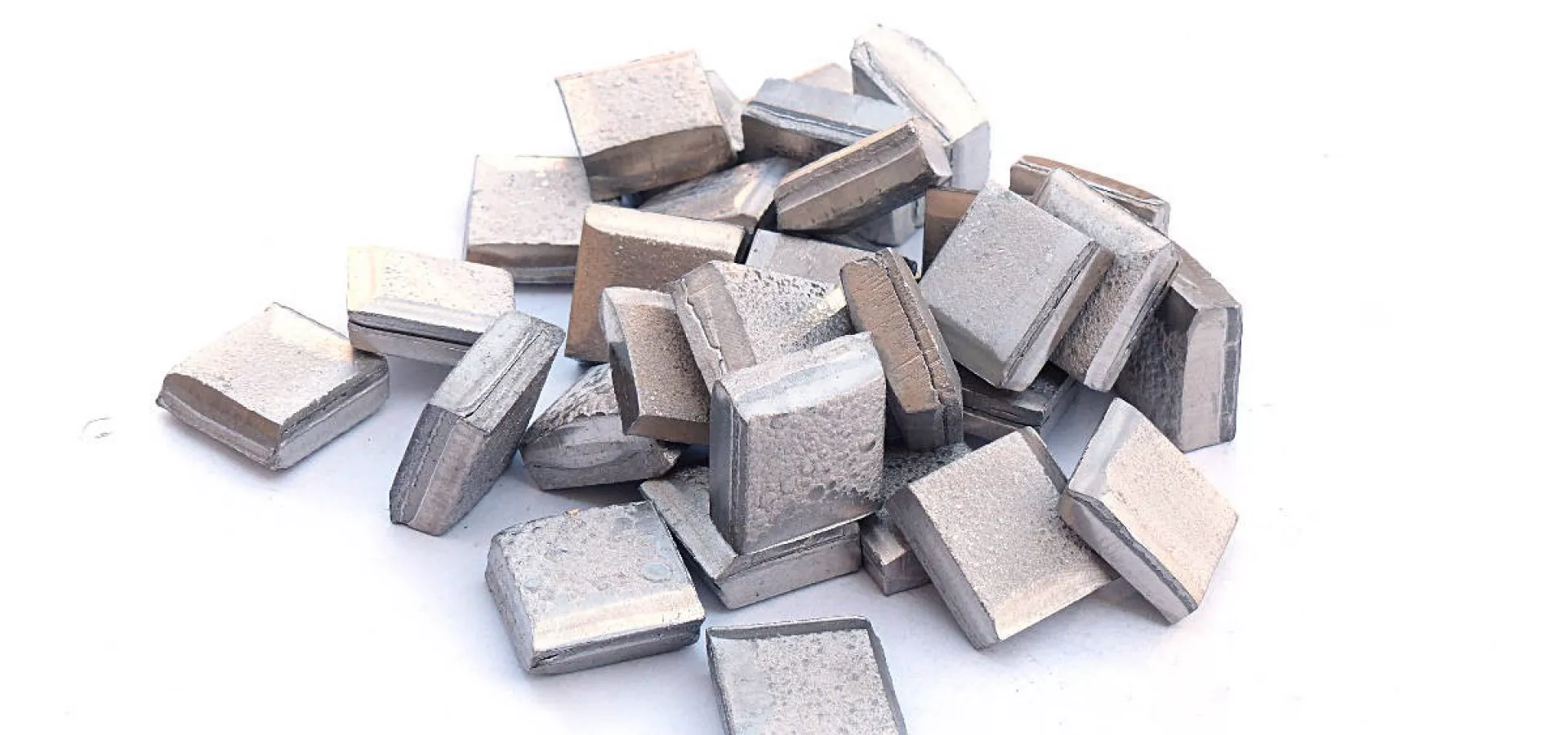
October 02, 2025
October 02, 2025
Corrosion. It’s a natural process that degrades metals, costing industries billions of dollars every year in maintenance, repair, and replacement of essential assets. But what if we could control which metal corrodes? That’s the science behind sacrificial anodes, a cornerstone of modern corrosion prevention.
What is a Sacrificial Anode?
At its core, a sacrificial anode is a more reactive metal intentionally placed on top of a metal you want to protect. It is designed to be consumed—or "sacrificed"—to protect the more critical component underneath.
The concept isn't new. Traditionally, large blocks of magnesium or zinc were attached to the steel hulls of ships. As the ship moved through corrosive seawater, the magnesium or zinc bars would preferentially corrode, protecting the hull and extending the vessel's life. The same principle is used today to protect everything from pipelines and water heaters to offshore oil rigs.
The Two Conditions for Protection
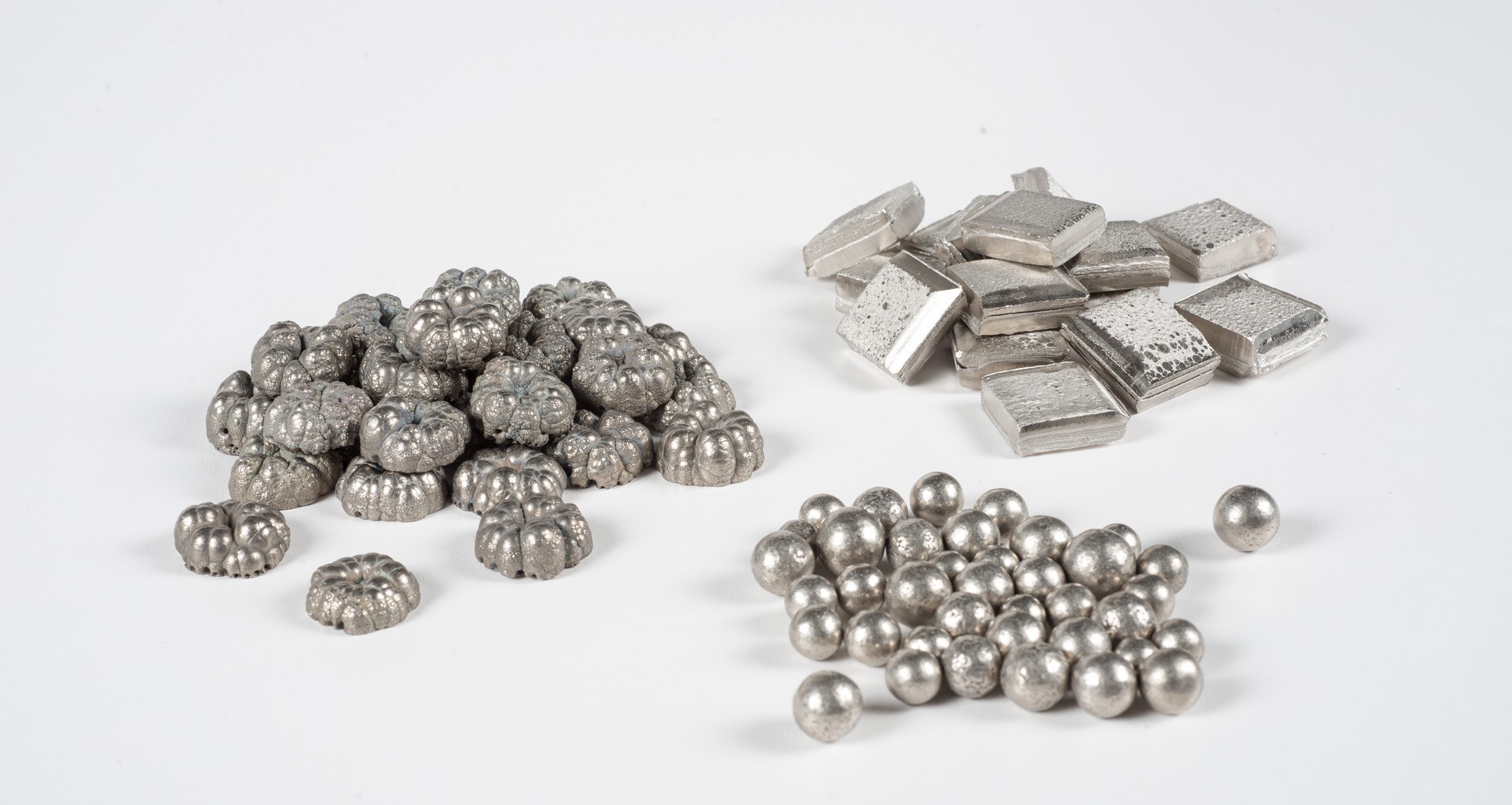
For sacrificial anodes to work their magic, two fundamental electrochemical conditions must be met:
- The Protected Metal Must Be More "Noble": In electrochemistry, metals are ranked in an "electrochemical series" based on their reactivity. For a sacrificial anode to work, it must be less noble (more negative) than the metal it is protecting. This difference in potential is what drives the corrosive process to attack the anode first. Choosing the right material is crucial for effective protection.
Need help selecting the best material for your application? Ask a Pavco technical representative for help in choosing the best sacrificial anode.
A Solid Electrical Connection is Required: The sacrificial anode must be in direct electrical contact with the metal it is meant to protect. This creates a galvanic cell, allowing electrons to flow from the anode to the other metal (the cathode), which prevents it from corroding. Without this connection, the anode cannot provide protection.
When these conditions are met, the sacrificial anode will corrode over time, while the metal you want to preserve remains intact.
You may also want to read: Understanding Galvanic Reaction: How It Affects Metal Durability
Enhancing Protection with Advanced Alloys
While pure metals like zinc work well, their protective nature can be significantly enhanced by alloying them with a more noble metal. For instance, nickel is more noble than zinc. A precisely formulated zinc-nickel (Zn-Ni) alloy, therefore, provides a more robust and longer-lasting protective barrier than pure zinc alone.
This is where PAVCO's advanced surface finishing technologies come in. Our world-class plating solutions are designed not just to prevent corrosion but to give you a distinct competitive advantage.
Talk to a Pavco technical representative today to learn how our surface finishing technologies can safeguard your products.
IT’S HOW YOU FINISH

We’re a developer and supplier of chemistries for the metal finishing industry since 1948.
In PAVCO, we develop products and deliver services of the highest quality at a reasonable cost.
